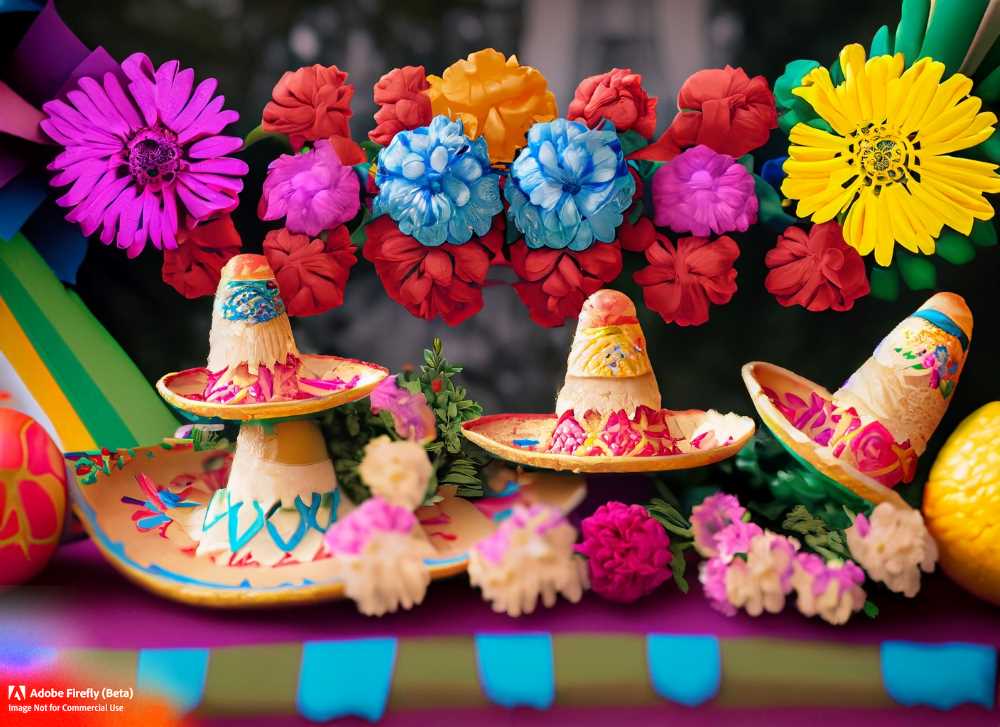Why the Mexican Way of Life Will Capture Your Heart (and Your Taste Buds)
Discover the vibrant and unique Mexican way of life! From family and religion to festivals and cuisine, explore the rich culture and traditions of Mexico in this article. Learn about the importance of family, the role of religion, and the delicious flavors of Mexican cuisine.





